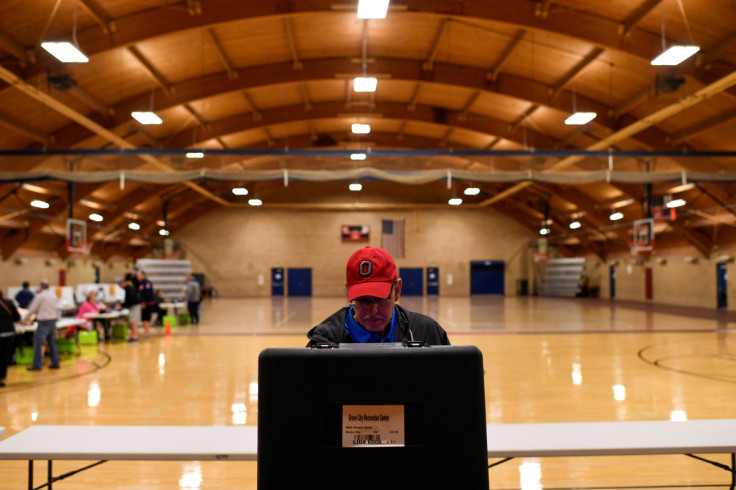Midterm Elections Could Change The Game, Spark A Wall Street Rally
The U.S midterm elections could change the political and economic game, setting the stage for a Wall Street rally. Investors desperately need it after the recent wave of sell-offs in U.S equities.
Elections can be game-changing events in democratic countries. They allow citizens to evaluate old and new policies and tip the balance in favor of one party. Unfortunately, in the U.S, they can lead to a situation of a divided legislature, with one party holding the lead in Congress and the other in the Senate.
But each election is different due to the change of the "context," the conditions and circumstances, which affect voters' daily lives and set their political priorities. As a result, they turn into a headwind or tailwind for either party, especially regarding the economy.
This time around, the state of the U.S economy is mixed. There is a strong labor market, with the economy still creating close to 300,000 jobs every month and unemployment hovering near multi-year highs.
That's a good thing for Democrats, as more jobs translate into higher income and spending, which can cushion an economic downturn.
On the other side is soaring inflation, which is running at a 40-year high, fueled by high gas and food prices and high rent, squeezing family budgets, especially those of low income.
Though Democrats didn't cause inflation, they may end up paying the political cost for it, as voters have been looking for solutions to the problem.
Moreover, inflation may end up benefiting Republicans, as a recent ABC News/Ipsos poll indicates. It finds that 36% of Americans trust Republicans have a solution to the problem compared to 22% who trust Democrats.
Still, many other issues may top voters' priorities and tip the balance in one direction or another. For instance, the same survey shows a voter split on immigration.
Aaron Rafferty, CEO of BattlePacs, a technology platform that seeks to transform how citizens engage in politics and civil discourse, expects republicans to win the House. At the same time, he thinks control of the Senate remains a toss-up, with the balance of power mainly hinging on tight Senate races in Arizona, Georgia, and Pennsylvania.
Rafferty thinks that would be a good thing for markets.
"Inflation concerns and recession fears are top of mind for voters," he told International Business Times in an email. "The general perception is that "Republicans are better on economic issues, so we can expect the markets to respond favorably to a Republican victory."
The Economist Intelligence Unit (EIU) offers a similar assessment.
"The race to control Congress has become very close once again," they told IBT. "Although Democrats made important gains over the summer, Republicans have risen in the polls in recent weeks."
Moreover, EIU expects a split Congress will significantly limit the opportunities for legislation in 2023-24, making executive action by the president, Joe Biden, the primary policy-making tool.
That could be a good thing for markets, too.
"The markets also like divided government where different parties control different branches of government," said Rafferty. "A divided government leads to gridlock, slows, and slower policymaking. But, on the other hand, it means more near-term certainty for businesses."

© Copyright IBTimes 2024. All rights reserved.






















